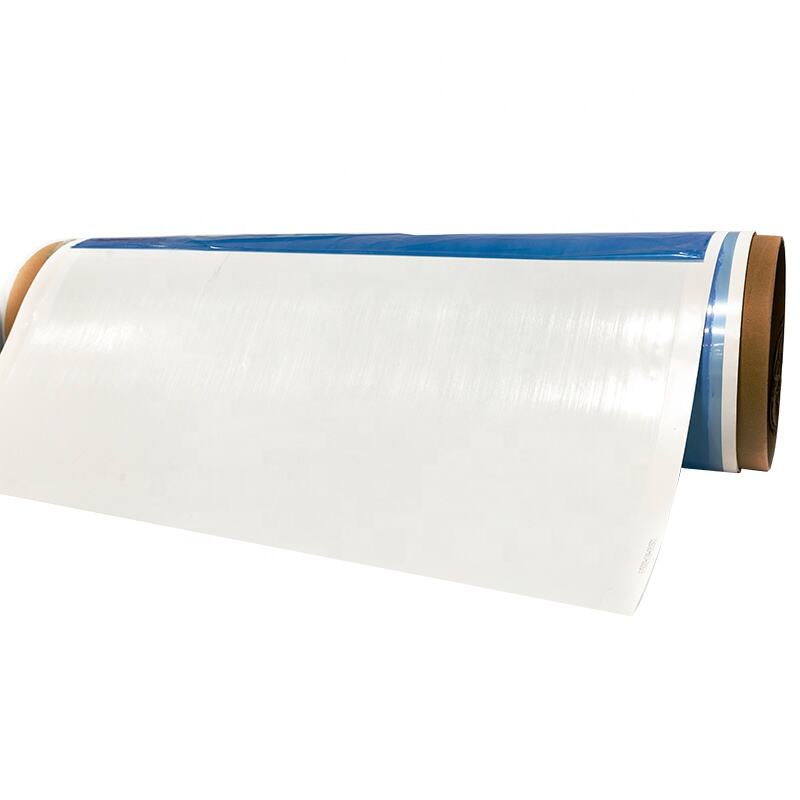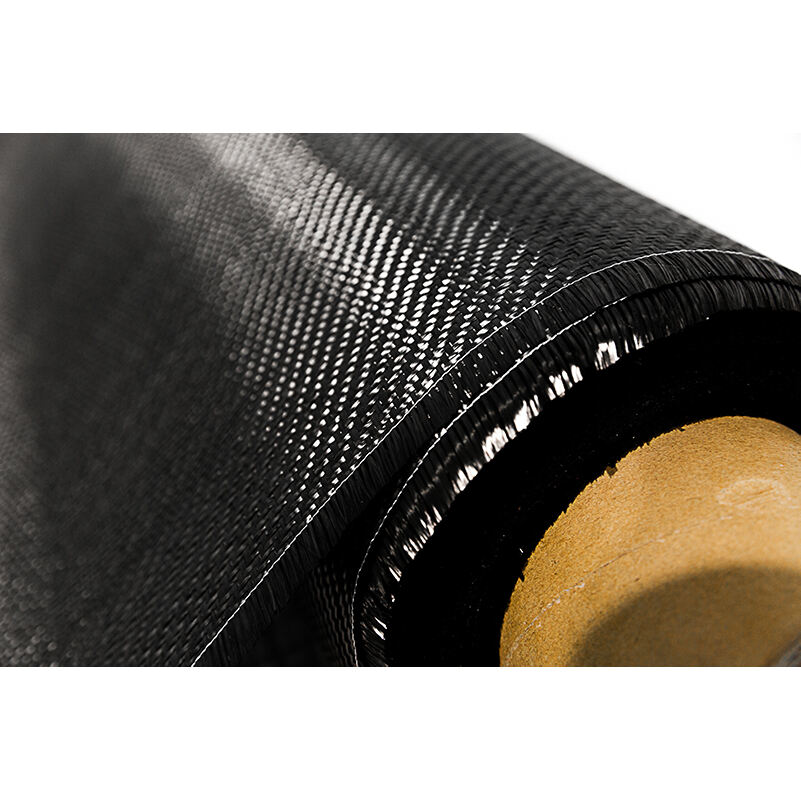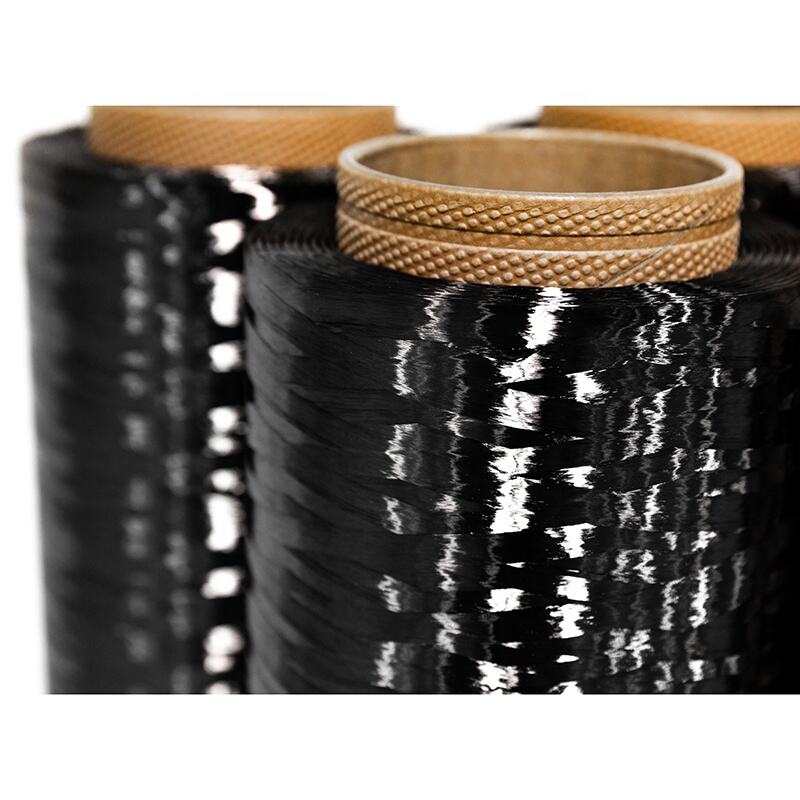3k twill carbon fiber
3k twill carbon fiber represents a pinnacle in advanced composite materials, characterized by its distinctive weave pattern and exceptional performance characteristics. This specialized material features 3,000 carbon filaments per tow, woven in a twill pattern that creates an aesthetically pleasing appearance while delivering superior structural properties. The twill weave configuration, with its characteristic diagonal rib pattern, offers enhanced draping capabilities and improved handling during manufacturing processes. This versatile material combines remarkable strength-to-weight ratio with excellent fatigue resistance, making it ideal for high-performance applications. The 3k designation indicates a perfect balance between fiber density and workability, while the twill weave pattern provides better conformability to complex shapes compared to plain weave alternatives. In industrial applications, 3k twill carbon fiber demonstrates outstanding resistance to environmental factors, including UV exposure and chemical interactions. Its application spectrum spans across automotive components, aerospace structures, sporting goods, and high-end consumer products. The material's inherent properties enable manufacturers to achieve significant weight reduction while maintaining or improving structural integrity. Modern manufacturing techniques have optimized the production of 3k twill carbon fiber, ensuring consistent quality and reliable performance across various applications.


